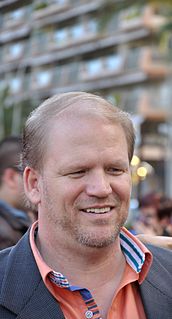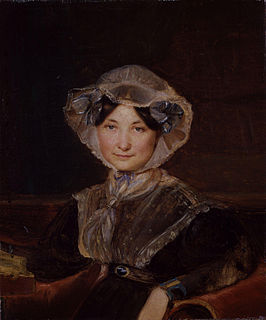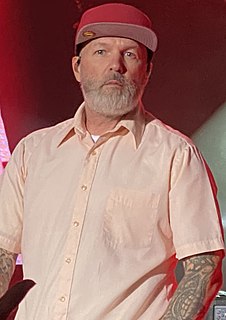A Quote by Henry David Thoreau
Every day or two, I strolled to the village to hear some of the gossip which is incessantly going on there, circulating either from mouth to mouth, or from newspaper to newspaper, and which, taken in homeopathic doses, was really as refreshing in its way as the rustle of leaves and the peeping of frogs.
Related Quotes
A newspaper can follow the compulsions, the desires of the readers. Take the English evening newspapers - they are following the readers' desires when they are interested only in the royal family gossip. But even the most objective, serious newspaper in the world designs the way in which the reader could or should think. That's unavoidable.
Musicians in my day had nicknames. My name was "Satchel Mouth," like a doctor's satchel. When I went to England this fellow was strictly English, and he was editor of the newspaper there. He shook my hand after I got off the train and said, "Hello, Satchmo." So right away my trombone player said, "Mmm, the man thinks you have mo' mouth than Satchel Mouth." So I was stuck with it, and it turned out all right.
Beautiful credit! The foundation of modern society. Who shall say that this is not the golden age of mutual trust, of unlimited reliance upon human promises? That is a peculiar condition of society which enables a whole nation to instantly recognize point and meaning in the familiar newspaper anecdote, which puts into the mouth of a distinguished speculator in lands and mines this remark: -- I wasn't worth a cent two years ago, and now I owe two millions of dollars.
Throughout all ranks of society, from the successful merchant, which is the highest, to the domestic serving man, which is the lowest, they are all too actively employed to read, except at such broken moments as may suffice for a peep at a newspaper. It is for this reason, I presume, that every American newspaper is more or less a magazine.
I got married three days after graduation, and the first thing I did what I was expected to do which was to work on a small newspaper. So we were in Chicago where my husband worked for the Chicago Sun-Times and we were having dinner with his editor and he said 'So what are you 'gonna do honey?' and I said 'I'm going to work on a newspaper', and he said 'I don't think so", because Newspaper Guild regulations said that I couldn't work on the same newspaper as my husband.
I read a newspaper article in May 1984 which predicted that syringes would one day be a major cause of the transmission of HIV. It was what I had been waiting for - a project that had a lot of the things that I liked: problem-solving, product design, campaigning, and being a bit of a big mouth pain-in-the-bum.
The world is wrong. You can't put the past behind you. It's buried in you; it's turned your flesh into its own cupboard. Not everything remembered is useful but it all comes from the world to be stored in you. Who did what to whom on which day? Who said that? She said what? What did he just do? Did she really say that? He said what? What did she do? Did I hear what I think I heard? Did that just come out of my mouth, his mouth, your mouth? Do you remember when you sighed?
New Yorkers love the bigness -- the skyscrapers, the freedom, the lights. But they also love it when they can carve out some smallness for themselves. When the guy at the corner store knows which newspaper you want. When the barista has your order ready before you open your mouth. When you start to recognize the people in your orbit, and you know that, say, if you're waiting for the subway at eight fifteen on the dot, odds are the redhead with the red umbrella is going to be there too.
One day, on tearing off some old bark, I saw two rare beetles, and seized one in each hand. Then I saw a third and new kind, which I could not bear to lose, so I popped the one which I held in my right hand into my mouth. Alas! it ejected some intensely acrid fluid, which burnt my tongue so that I was forced to spit the beetle out, which was lost, as was the third one.
What's in yesterday's newspaper is today's fish-and-chip paper. If it really affects my life so badly, so personally, then I would do something about it. When it's really out of order, or something possibly detrimental to my family, or I'm driven to such a level that I know that this can be picked up and repeated again, I will just write or e-mail the newspaper editor. So, in the next day's newspaper, it might say, "Tracey Emin says this is factually incorrect."
The newspaper is a Bible which we read every morning and every afternoon, standing and sitting, riding and walking. It is a Biblewhich every man carries in his pocket, which lies on every table and counter, and which the mail, and thousands of missionaries, are continually dispersing. It is, in short, the only book which America has printed, and which America reads. So wide is its influence.


































